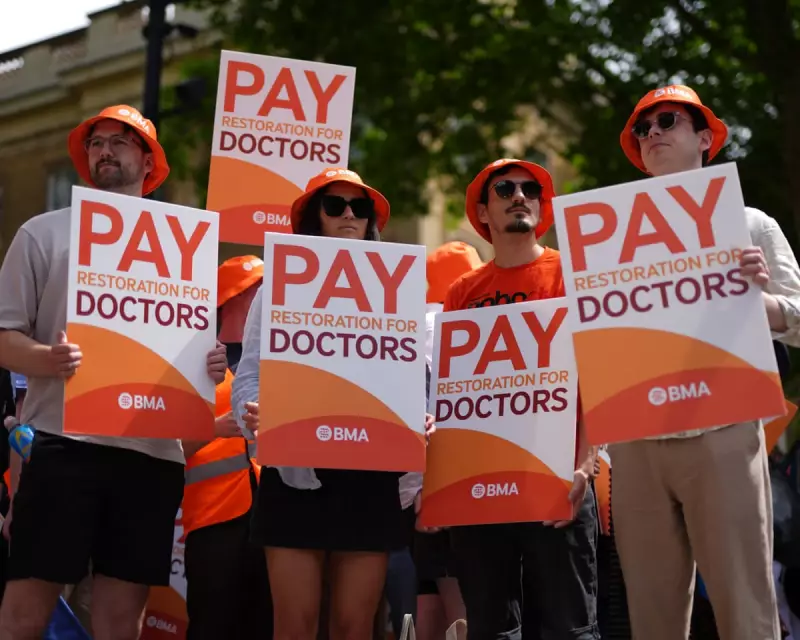
Junior Doctors Walk Out in Major NHS Strike
Thousands of junior doctors in England have begun a five-day strike, plunging the NHS into further turmoil. The industrial action, which started today, is expected to cause widespread disruption to hospitals and GP services across the country.
Why Are Doctors Striking?
The British Medical Association (BMA) has called the strike after failed negotiations with the government over pay and working conditions. Junior doctors argue that their salaries have fallen by over 25% in real terms since 2008, making recruitment and retention increasingly difficult.
Key demands include:
- Full pay restoration to 2008 levels
- Improved working conditions to prevent burnout
- More investment in NHS staffing
Impact on NHS Services
NHS England has warned patients to expect:
- Significant delays in non-emergency care
- Postponed operations and outpatient appointments
- Increased pressure on emergency services
Emergency care will continue to operate, with consultants covering for striking junior doctors. However, health leaders warn the system is already stretched to breaking point.
Government Response
The Health Secretary has called the strike "deeply disappointing," claiming the government's offer of a 6% pay rise is fair. However, the BMA argues this fails to address years of pay erosion.
With both sides seemingly entrenched, there appears little hope of a quick resolution to this bitter dispute.





